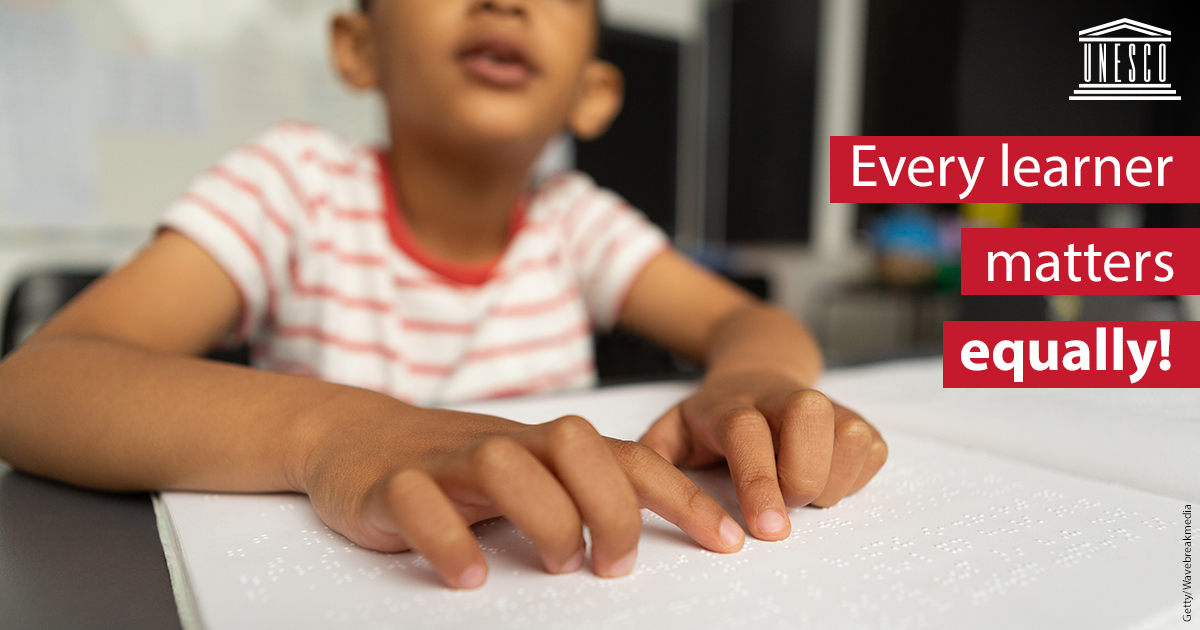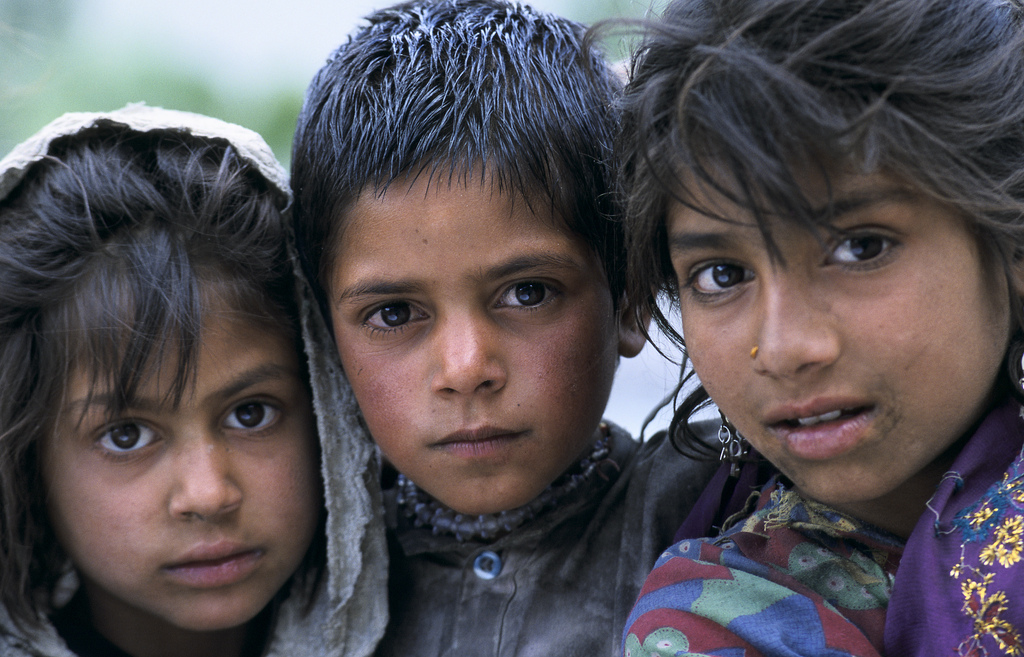Participants in the International Forum on Inclusion and Equity in Education, held in Cali, Colombia on 11–13 September 2019, have reaffirmed their commitment to equity and inclusion in education in a new statement of intent.
The Cali Commitment to equity and inclusion in education re-establishes the commitment to inclusion in education which was adopted in the Salamanca Statement 25 years ago.
The Cali Commitment defines inclusion as:
… a transformative process that ensures full participation and access to quality learning opportunities for all children, young people and adults, respecting and valuing diversity, and eliminating all forms of discrimination in and through education. The term inclusion represents a commitment to making preschools, schools, and other education settings, places in which everyone is valued and belongs, and diversity is seen as enriching (p. 1).
The Commitment recognises the steps made towards inclusion and the achievements since the Salamanca Statement in 1994. It calls on governments and stakeholders to ‘accelerate efforts to build on achievements since the Salamanca Conference’, by:
- adopting a cross-sectoral approach to legislative planning and policy frameworks;
- ensuring the responsibility and accountability of decision-makers;
- broadening curricula;
- ensuring safe learning environments;
- ensuring and improving accessibility of ICT in education;
- ensuring educational staff and policy-makers have the correct values, attitudes and knowledge of inclusive practice;
- using evidence-based planning, programming and practices;
- supporting adequate funding for inclusive education.
The Commitment also highlights the importance of ‘hearing the voices of the people, including the voices of children and youth’ in policy-making and the development of inclusive practice.
The Forum was organised by UNESCO, in co-operation with the Ministry of Education of Colombia and the City of Cali. Delegates included over 450 representatives from 55 countries. Delegates came from governments, non-governmental organisations, the private sector and the field of education, including practitioners, researchers and experts. Find out about the Agency’s involvement in the Forum in this news item.

